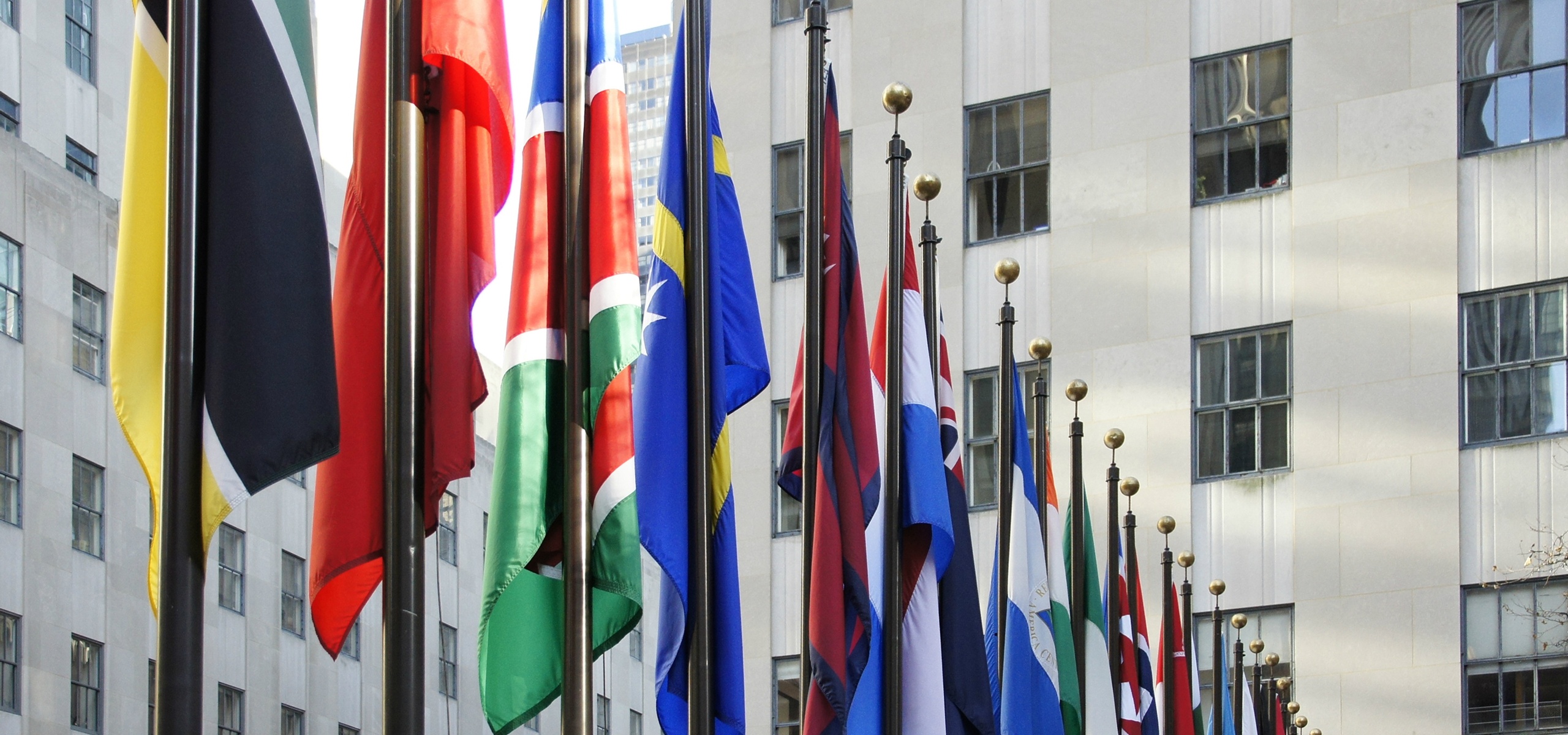AUWCL Dean Emeritus Claudio Grossman Pens New Book on International Law, Reparations
An analysis of the Inter-American Human Rights Court (IACtHR) as it relates to full reparations is the topic of AUWCL Professor and Dean Emeritus Claudio Grossman’s latest book, International Law and Reparations: The Inter-American System.
The book, co-authored by Agustina del Campo and Mina A. Trudeau, explores the notions of "fair remedy," "injured party," and the possibility of achieving "restitutio in integrum" for human rights violations through an analysis of decisions issued by the IACtHR. The reader is encouraged to consider not only the current status of the law, but also the role played by victims, lawyers, commissioners, and judges in its jurisprudential development.
“My motivation for this book was grounded in the importance of promoting a victim centered approach, supported by the law, in order to open possibilities of justice for violations of human rights norms,” Grossman said. “I tremendously value the contributions of my co-authors in this collective effort.”
International Law and Reparations: The Inter-American System interprets Article 63 of the American Convention on Human Rights, and underscores that the IACtHR is guided by the notion that human rights instruments should be interpreted in light of its object and purpose in accordance with the State members of the Organization of the American States. The Court's jurisprudence ensures that victims of human rights violations are awarded not only monetary compensation, but a full array of reparations designed to restore their dignity and reaffirm the value of the rule of law, including moral compensation, guarantees of non-repetition, and truth as a measure of satisfaction.
"International Law and Reparations: The Inter-American System is an indispensable book for practitioners and scholars working in the area of international human rights,” said Viviana Krsticevic, executive director of the Centre for Justice and International Law. “It provides a comprehensive, systematic, and insightful analysis of the jurisprudence on reparations of the Inter-American Court of Human Rights. In doing so, it makes a definitive contribution to the field of international law, and strengthens our collective capacity to achieve meaningful and effective reparations on behalf of victims."
